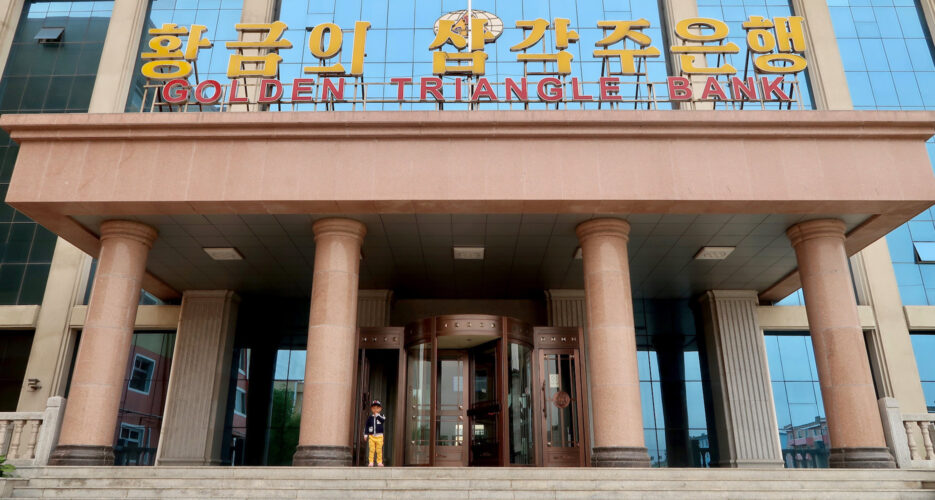Ask a North Korean: What is the process for getting a loan in North Korea?
While the national bank does not provide loans, there are other ways to borrow money for business endeavors
A bank in the North Korean city of Rason | Image: NK News (June 20, 2017)
“Ask a North Korean” is an NK News series featuring interviews with and columns by North Korean defectors, most of whom left the DPRK within the last few years.
Readers may submit their questions for defectors by emailing [email protected] and including their first name and city of residence.
“Ask a North Korean” is an NK News series featuring interviews with and columns by North Korean defectors, most of whom left the DPRK within the last few years.
Readers may submit their questions for defectors by emailing [email protected] and including their first name and city of residence.
Become a member for less than $4 per week.
Unlimited access to all of NK News: reporting, investigations, analysis
The NK News Daily Update, an email newsletter to keep you in the loop
Searchable archive of all content, photo galleries, special columns
Contact NK News reporters with tips or requests for reporting
Get unlimited access to all NK News content, including original reporting, investigations, and analyses by our team of DPRK experts.
Subscribe now
All major cards accepted. No commitments – you can cancel any time.
© Korea Risk Group. All rights reserved.
No part of this content may be reproduced, distributed, or used for
commercial purposes without prior written permission from Korea Risk Group.

